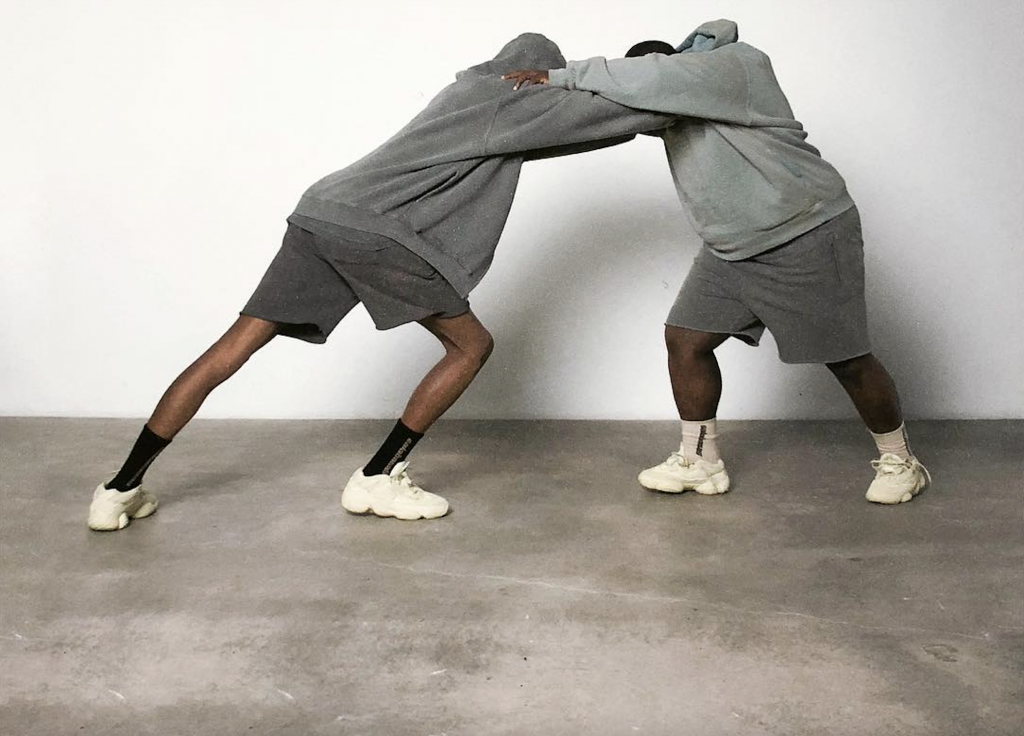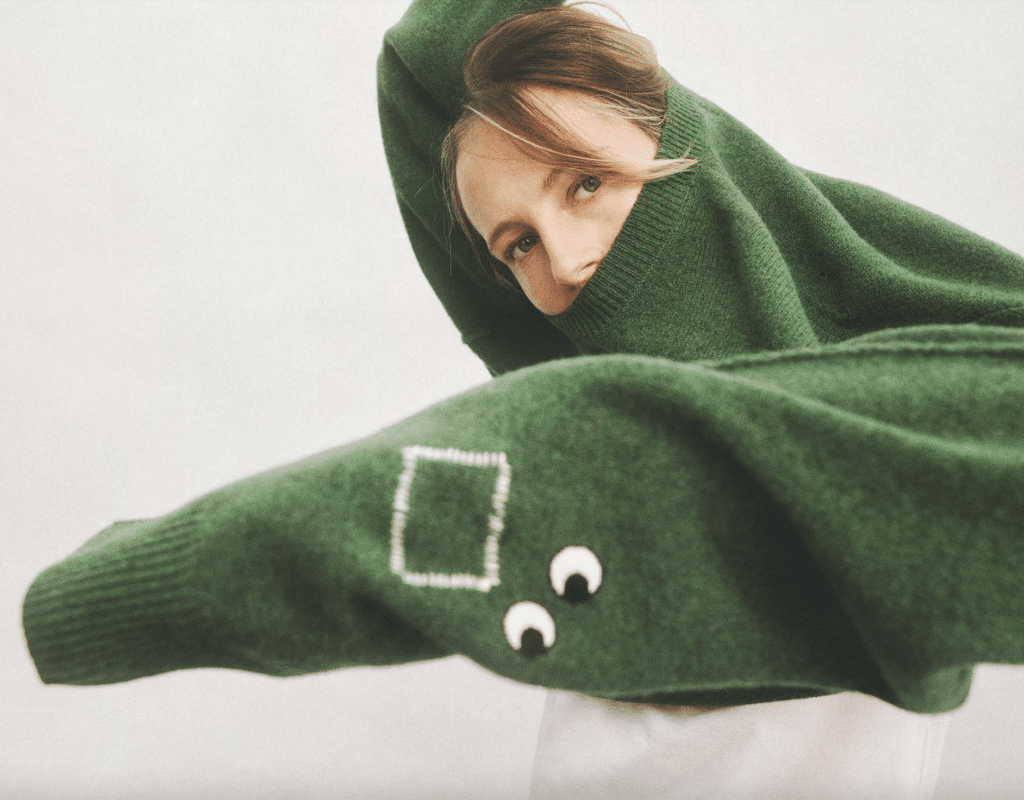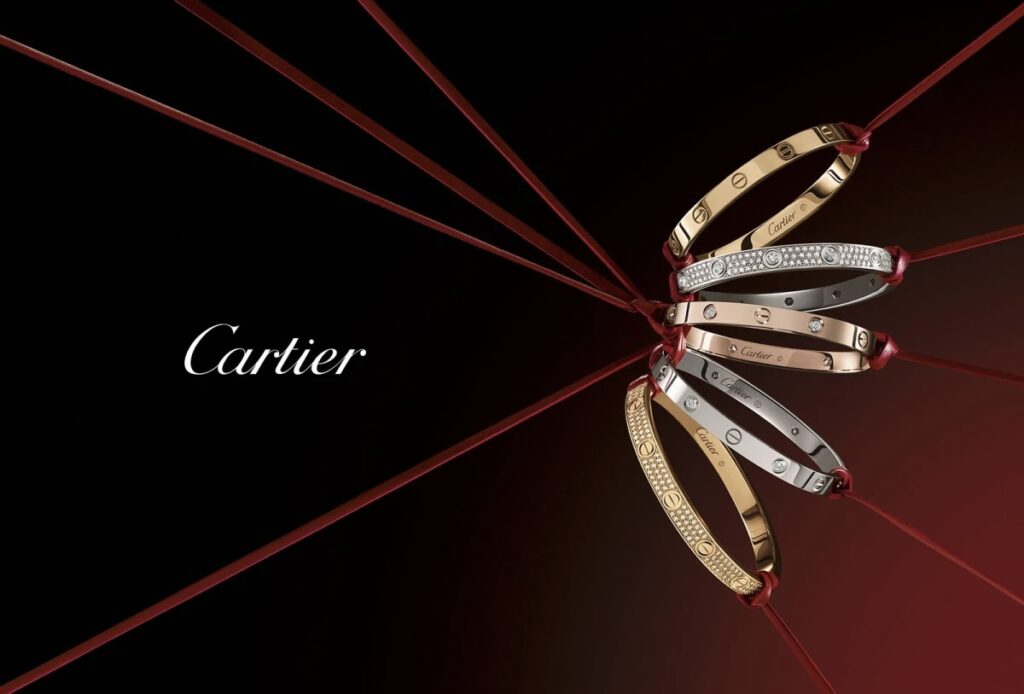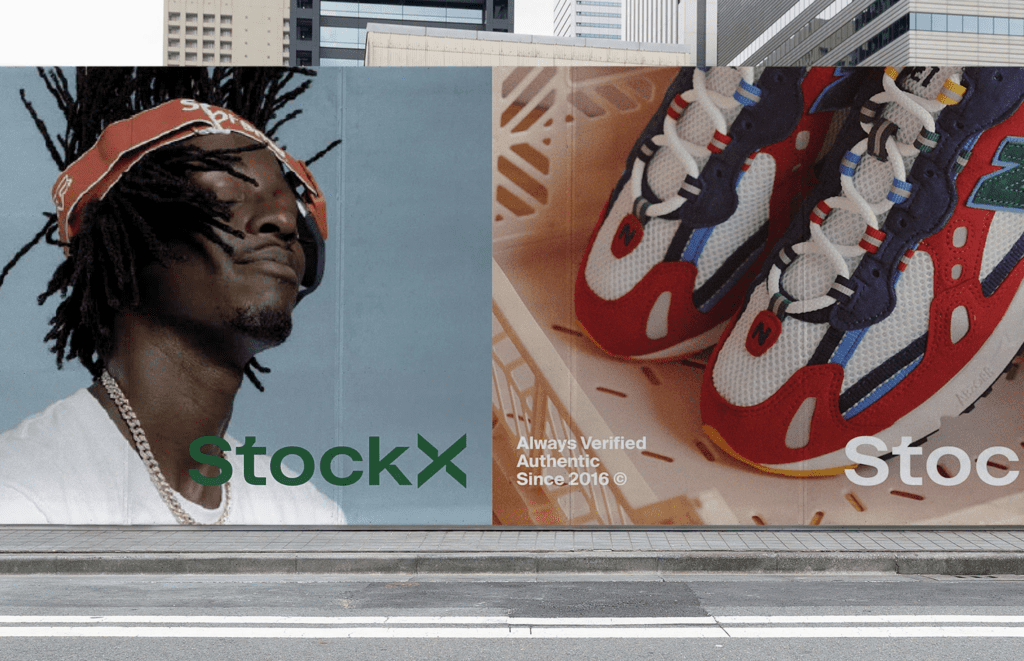Days after Kanye West and Yeezy LLC filed suit against Walmart and a number of unnamed sellers on the retail giant’s marketplace platform over the sale of copycat footwear, Yeezy has responded to the already-existing trademark scuffle that Walmart waged against it this spring. On the heels of Yeezy filing a trademark application for registration for a stylized sun rays graphic, which the company says that it intends to use on everything from clothing and retail store services, and musical sound recordings and streaming to hotel services and the construction of “non-metal modular homes,” among other things, Walmart initiated an opposition proceeding in an attempt to block the registration of the Yeezy logo on the basis that it is confusingly similar to a trademark that is already using.
In the opposition that it filed with the U.S. Patent and Trademark Office (“USPTO”)’s Trademark Trial and Appeal Board in April, Walmart argued that “it will be damaged by registration of [Yeezy LLC’s] mark,” since it has been using a lookalike mark – “a design of six rays symmetrically centered around a circle” – since at least 2007. As a result of its consistent use of the mark, which “can be found prominently featured on the exterior and interior signage of [its] more than 5,000 retail outlets, through the ecommerce platform www.walmart.com, which has the second largest e-commerce market share in the U.S., and throughout [its] nationwide television commercials, including commercials aired during the Super Bowl,” Walmart claims that its mark “has become well known and famous as a distinctive indicator of the origin of [its] goods and services and a symbol of [its] goodwill” as a company.
As such, if Yeezy LLC is permitted to use and register a similar mark in connection with the goods and services specified in the application, Bentonville, Arkansas-headquartered Walmart claims that “such use and registration is likely to cause confusion and lead to consumer deception as to the source, origin and/or sponsorship of the goods and services promoted and sold under [Yeezy LLC’s] mark and the goods and services promoted and sold under [Walmart’s own ‘Spark Design’] mark, causing damage and injury to [Walmart].”
In its newly-filed answer, Yeezy LLC is pushing back against Walmart’s opposition, questioning the validity of the rights that Walmart claims that it has in the “Spark Design” mark and the “overreaching allegations” that the retail titan makes in its opposition in an “attempt to extend its ‘Spark Design’ well beyond its federal and common law trademark rights,” and ultimately arguing that Walmart is not actually going to be damaged by the registration of the Yeezy design mark in large part because the two marks are different and consumers are not likely to be confused.
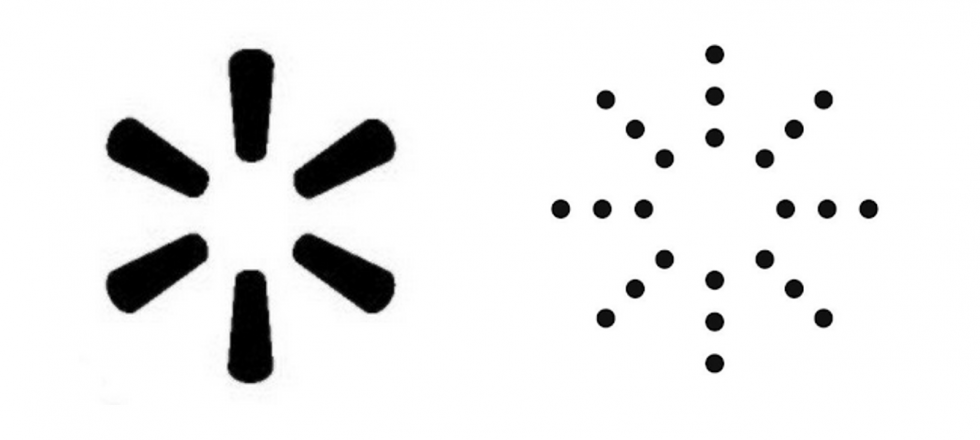
According to Yeezy’s June 29 answer, Walmart’s opposition fails on a few fronts. Primarily, the rapper-slash-designer’s counsel asserts that Walmart “certainly knows, as does the consuming public, that the last thing [Yeezy] wants to do is associate itself with [Walmart],” something that was made even clearer with Yeezy and West’s filing of the unfair competition lawsuit against Walmart in connection with the sale of copycat – and “subpar quality” – Foam Runner footwear. In this vein, Walmart’s allegations that Yeezy is aiming “to mislead consumers into mistakenly believing that the parties are associated or that [Yeezy’s] goods and services emanate from [Walmart are], simply put, absurd,” counsel for Yeezy states.
Beyond that, counsel for Yeezy “denies that ‘since [Walmart’s] mark has been first used, it has become synonymous with [Walmart] and its goods and services,” and still yet, takes issue with Walmart’s claim that it has used the trademark “in connection with music and entertainment,” one of the classes of goods/services that Yeezy is aiming to register its sun ray mark. Yeezy claims that Walmart “includes a fabricated, computer-generated image that purports to be a ‘Walmart Drive In’” as an example of its use of the mark in this category. In reality, Yeezy asserts that this “digitally-created image does not show actual use in commerce of [Walmart’s] mark in connection with music and entertainment.”
In addition to denying the bulk of the claims that Walmart makes in its opposition, Yeezy sets out a number of affirmative defenses, arguing, among other things, that Walmart “inexplicably relies upon two cancelled trademark registrations” – including one that Walmart claims is “incontestable and provide[s] prima facie and conclusive evidence of [its] ownership and exclusive rights to use [the Spark Design] mark in commerce” – and “one abandoned trademark application as the basis for its claims,” which it cannot use as the basis for its action.
Counsel for Yeezy also asserts in another defense that the two parties’ trademarks are actually different, which chips away at Walmart’s likelihood fo confusion claim. Walmart’s mark consists of a “design of six solid lines with each line beginning in a rounded cap, becoming wider in size as each line extends outwards culminating in a rounded cap.” In contrast, Yeezy’s mark consists of “eight symmetrical dotted lines with equal white spaces between each dot; the lines formed from the three dots are narrower than the solid lines (that are curved on both ends).” With that in mind, Yeezy argues that “the respective marks, in their entireties, differ in sight and create a different overall commercial impression,” and thus, are unlikely to be confused by consumers.
With the foregoing in mind, Yeezy has asked the Trademark Trial and Appeal Board to dismiss Walmart’s opposition, allow its application for registration for its own sun ray mark to move forward, and to “grant [it] any and all further relief that the Board finds necessary and just in the circumstances.”







